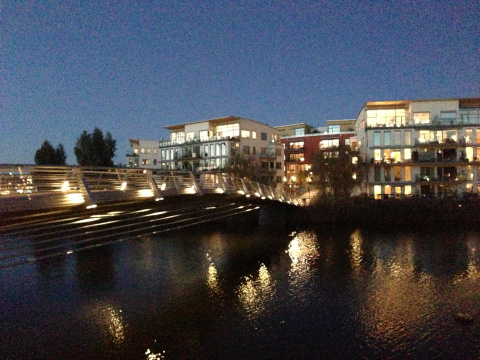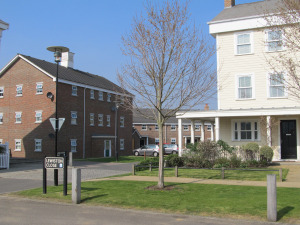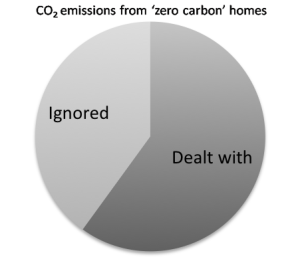The development industry in Norway and Sweden is not as hesitant as we are to try something new. In the UK we talk a lot about sustainable urbanism but developers are slow to act. The expertise exists in the architecture and design profession but there is a reticence from developers to change the way they work. It’s not just about cost, though many are quick to point to viability as the reason why we can’t achieve true sustainable development. In Scandinavia there is real interest in trying out a tool like BREEAM Communities*.

It would be easy to make unfair comparisons between the UK and Scandinavian countries about sustainability that don’t tell the full story. Yes, the Scandinavians are good at design. And they have the iconic sustainable community projects to prove it, like Hammarby in Stockholm. But they have the same difficulties that we have when it comes to masterplanning; and they are very willing to try a new approach (even though it is from the UK) to overcome these. Continue reading “Are the Scandinavians looking to Britain for advice on developing sustainable communities?”








